Sure, every year is different and brings with it unique challenges and unforeseen circumstances that businesses navigate in real-time.
But when winding down the current year and gearing up for the next, everybody is wondering the same things:
What worked for us this year?
Are we going to keep doing those things next year?
And how are we going to keep expanding, growing, and keeping our customers interested?
Continue reading to see what leaders at four wineries had to say about what worked this year, what’s new for 2022, and their key takeaways as they plan for the near future.
Girard — Napa Valley, California
Head Winemaker Glenn Hugo said consistency from vintage to vintage and bottle to bottle has kept Girard growing amid challenges in 2021 that included wildfires and the pandemic.
Through tough times, Hugo said Girard has worked to make sure it stays on the menu at restaurants and is available by the glass.
“On-premise, by-the-glass placements and strong relationships with restaurants have been a cornerstone strategy for us because it allows consumers to give the wine a try, and then they will seek the brand out at retail,” Hugo said.
Girard moved to a new facility in Calistoga in 2018 that includes a full production facility and tasting room, allowing them to easily control all aspects of their winemaking process and easily connect with consumers.
Part of staying relevant is acknowledging that the wine industry is becoming more and more competitive and that wineries must keep upping the ante to keep up with their peers.
“We appeal to affluent millennials and Gen Xers who are wine savvy,” Hugo said. “Social experiences really appeal to them, which is one of the main reasons we moved into our new space with the gorgeous new tasting room in the heart of Napa. It’s the perfect place to take photos and post content to social media.”
Having something unique that customers can find only at your tasting room or on your page is one way to ensure they keep returning and engaging with you, he said.
“The key challenge with wine-savvy consumers today is keeping them interested and engaged in the brand,” Hugo said. “We offer ‘Easter Eggs’ at the winery and try to find new ways of engaging consumers when they visit us in person or through social media.”
Girard has also stayed on top of technology and expects that to help it continue its momentum.
“Investments have been made in state-of-the-art equipment, such as a Pellenc Grape Destemmer and Sorter, a Gold Standard in our industry,” Hugo said. “In conjunction with hand-sorting techniques, it allows for greater precision and speed while also resulting in higher quality fruit and wine.”
Girard’s parent company, Vintage Wine Estates, went public in 2021, although Girard plans to continue to operate as a small, family-owned business.
“The new capital will allow us to re-invest in the brand’s sustainability initiatives, new vineyards, and new winemaking tools,” Hugo said.
William Chris Vineyards — Texas Hill Country AVA
Chris Brundrett, co-founder of William Chris, said connecting with customers would take priority over introducing new products in 2022.
“We’re brand rich at the moment and really plan on strengthening fan intimacy through those stories and experiences,” Brundrett said. “We’re trying to take what we do well and do it even better.”
Brundrett said he’d recently noticed changes in purchasing trends that William Chris has adjusted for.
“(There has been) more frequent purchasing, especially by younger generations — Smaller packs but more frequent purchases,” he said. “The more tenured fans are buying bigger. They know what they want to collect when it’s released and snagging it quickly.”
With lockdown and COVID-related closures in Texas being seemingly a thing of the past, Brundrett says there have been many opportunities for staff to engage with customers.
“People are willing to come out and visit in person, which is awesome,” Brundrett said. “They want to continue to build on more in-depth experiences with intention.”
Lost Draw Cellars — Fredericksburg, Texas
Co-founder Andrew Sides said working to retain employees would continue to be a priority amid hiring challenges that have been apparent in most industries.
“Growth in any business means added personnel in every facet of the business,” he said. “While hiring through labor shortages has its own caveat of challenges, I think the biggest challenge with growth has been making sure we are providing meaningful opportunities for people and nurturing each and every one of them through the process.”
Strengthening and maintaining local relationships is also key with supply chain difficulties that many experts expect to endure through 2022.
“We truly believe that we have a responsibility to grow industry and community in a positive way,” Sides said. “The use of local suppliers only strengthens the future for the next generation.”
Lost Draw has also invested in making production more efficient — something it expects will help in the year to come.
“We retrofitted our entire winery operation this past year to have the ability to receive fruit in gondolas, which takes about a tenth of the time as a standard fruit bin,” Sides said.
Sides are also looking ahead to what the recent passage of legislation in Texas should do to contribute to the state’s continually improving reputation as a winemaking state.
“Now any consumer who buys an AVA appellation wine can be assured that 100% of the fruit in the wine is from Texas,” he said. “This will only strengthen our position in the market and trust from our consumers as our industry continues to grow.”
Harkness Edwards Vineyards — Kentucky
Manager Nini Edwards said fruit wines, drink specials and events had been Harkness Edwards’ biggest growth drivers in 2021, and she expects them to continue their success next year.
“We will continue to do all of the above, and get more aggressive by offering more specials, fruit wine, and events,” she said. “However, I believe e-commerce and wholesale will drive growth far more and translate to more sales.”
Tasting room events will be considered networking opportunities for Harkness Edwards.
“I treat the tasting room events as marketing and to gain a loyal following, “ Edwards said.

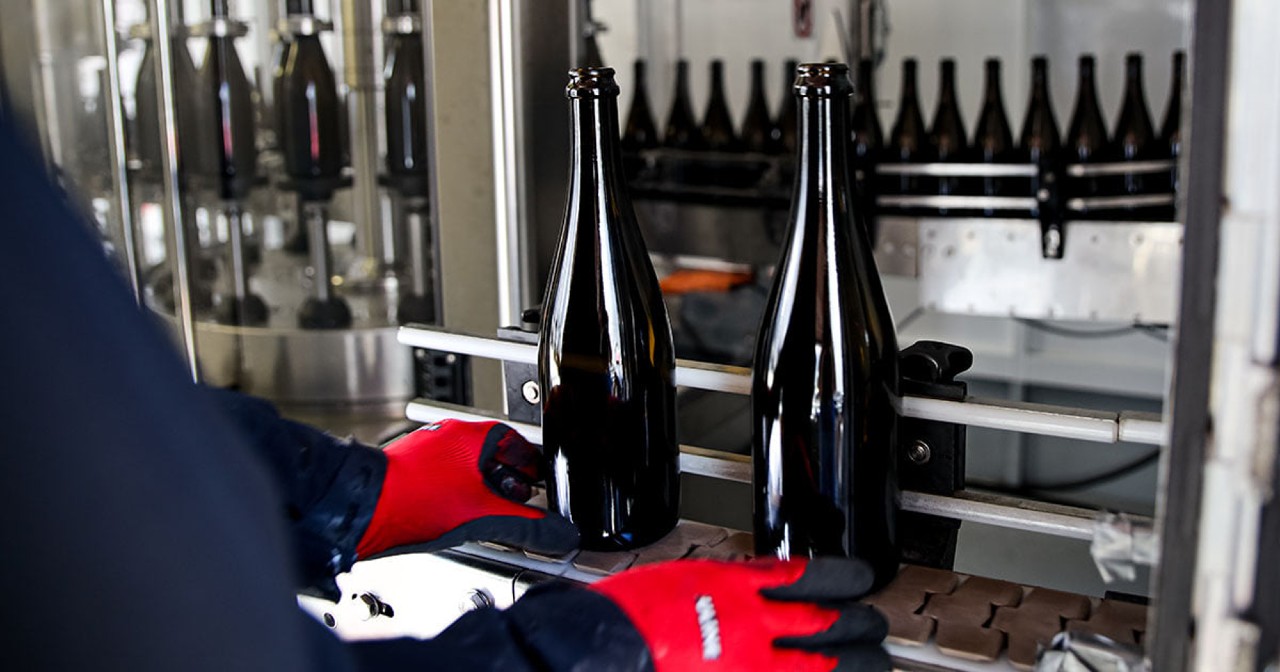
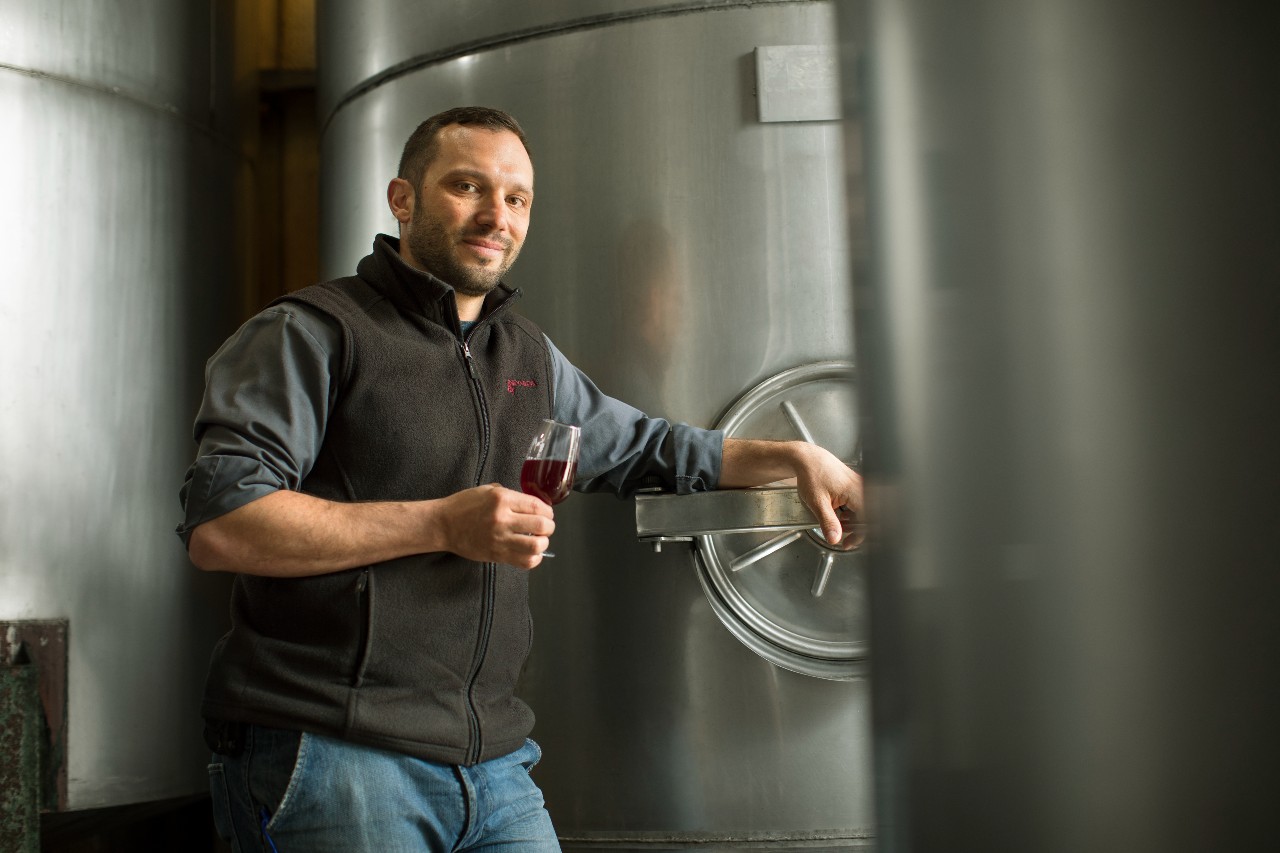
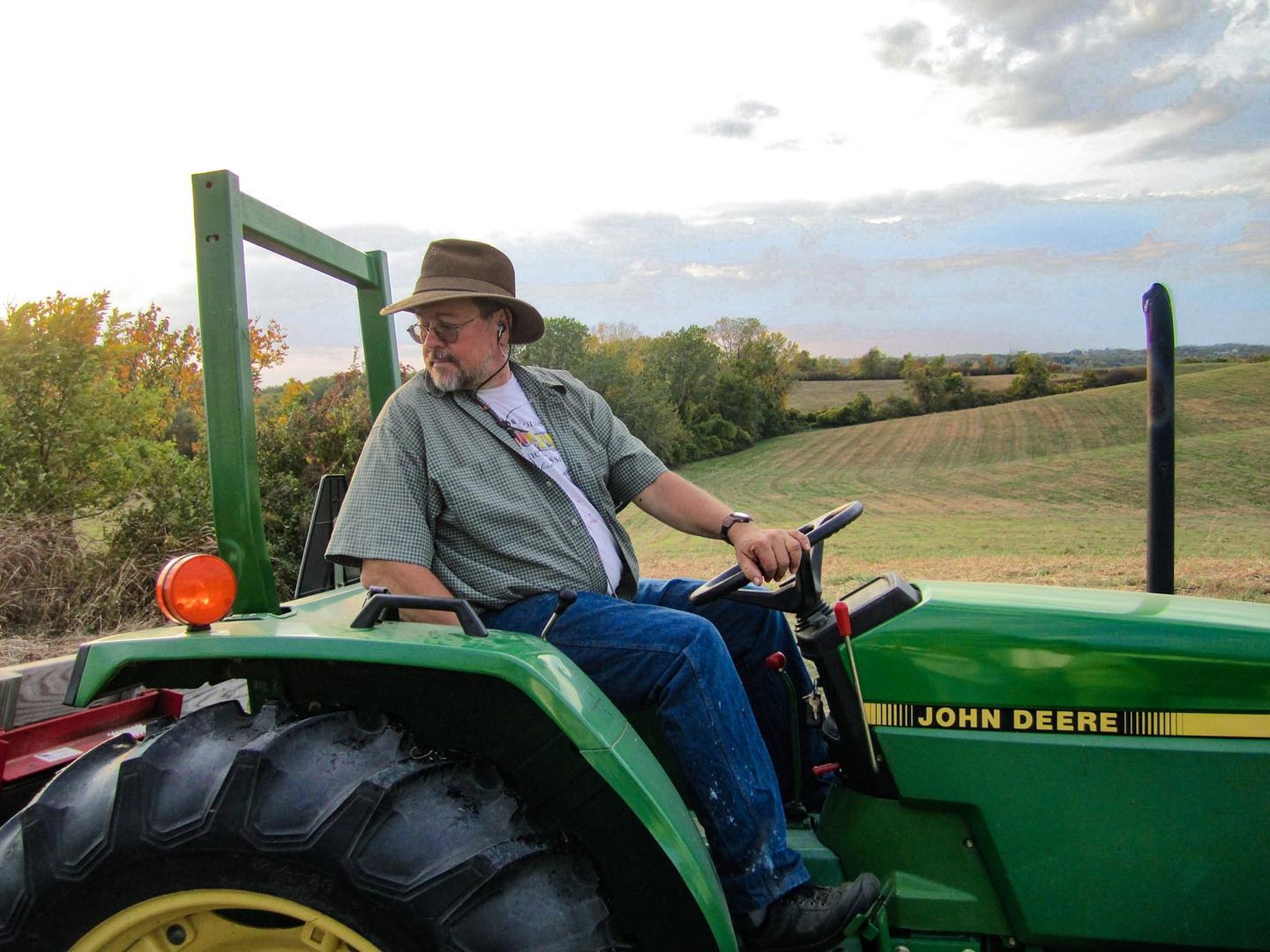
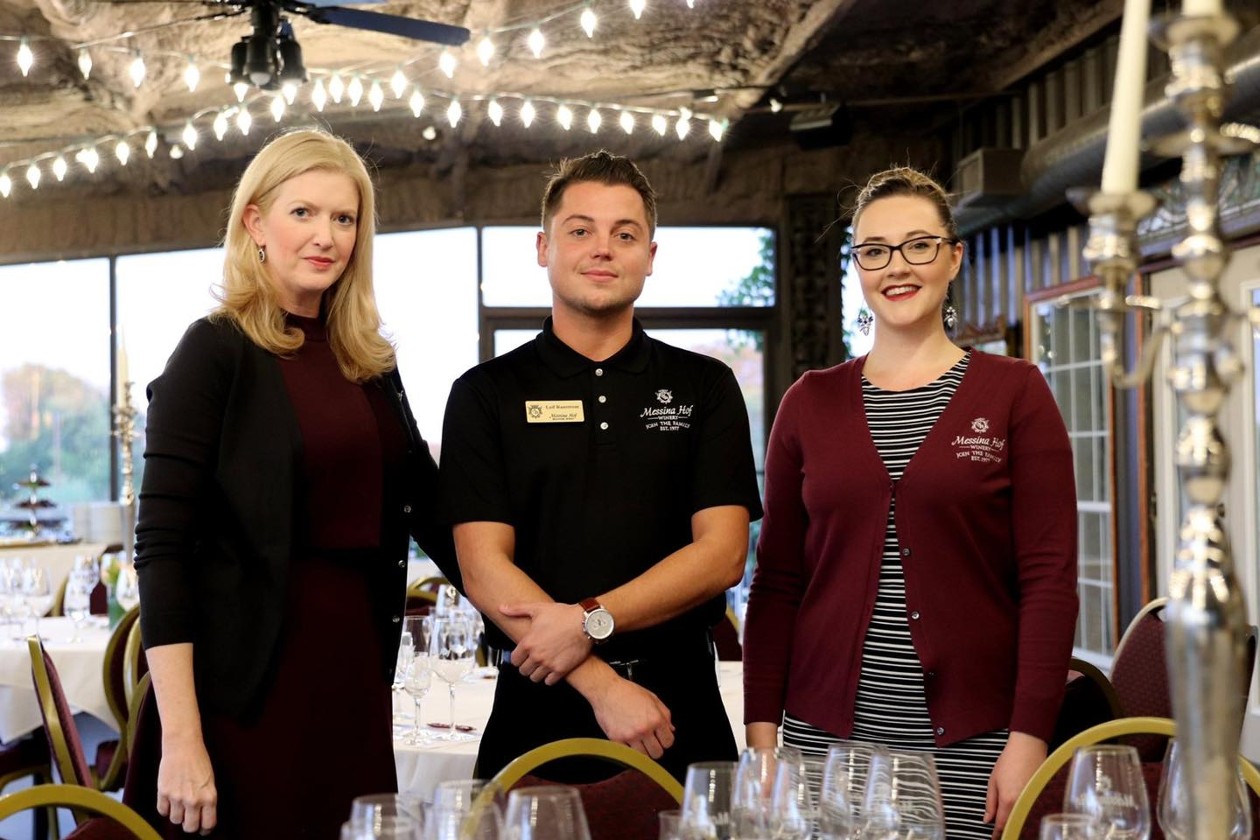
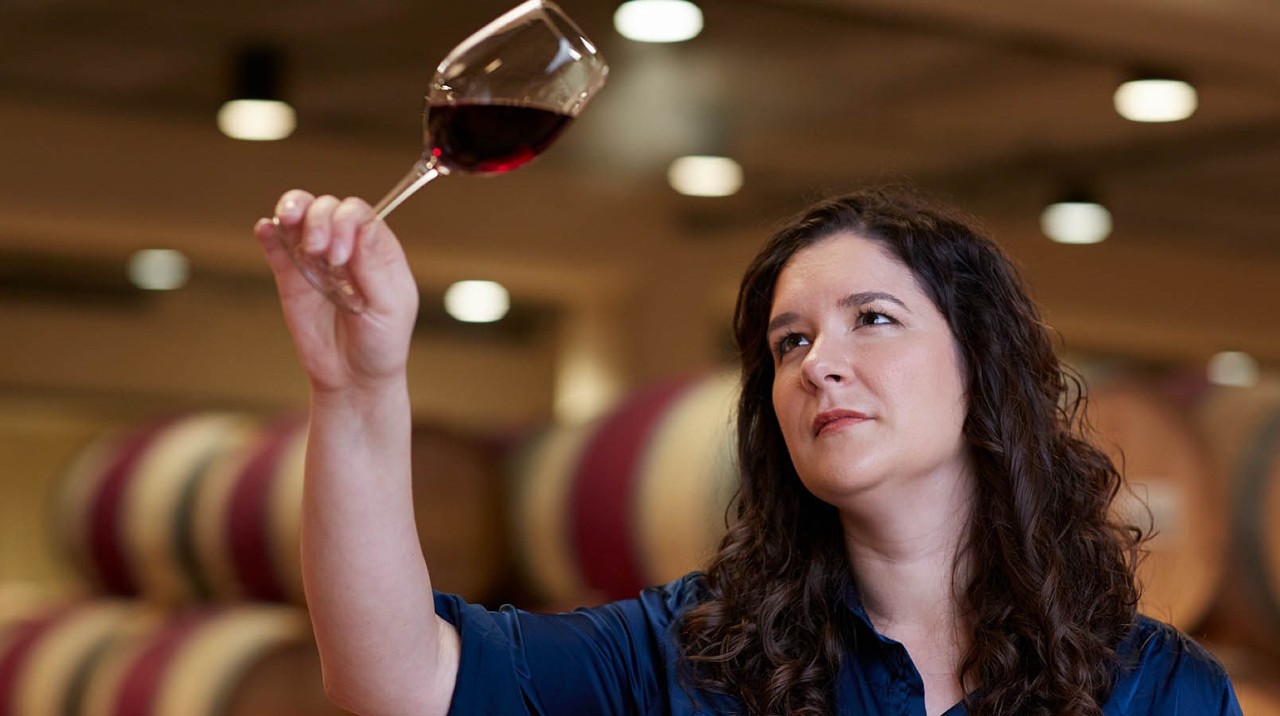

Be the first to comment